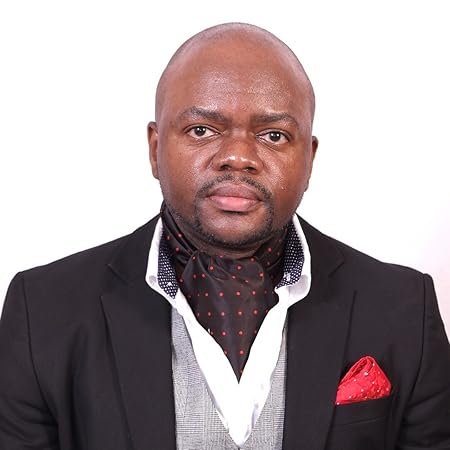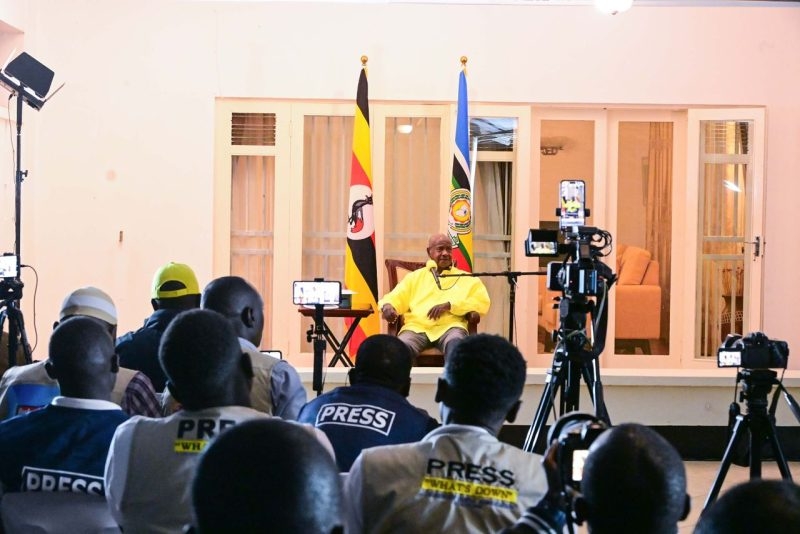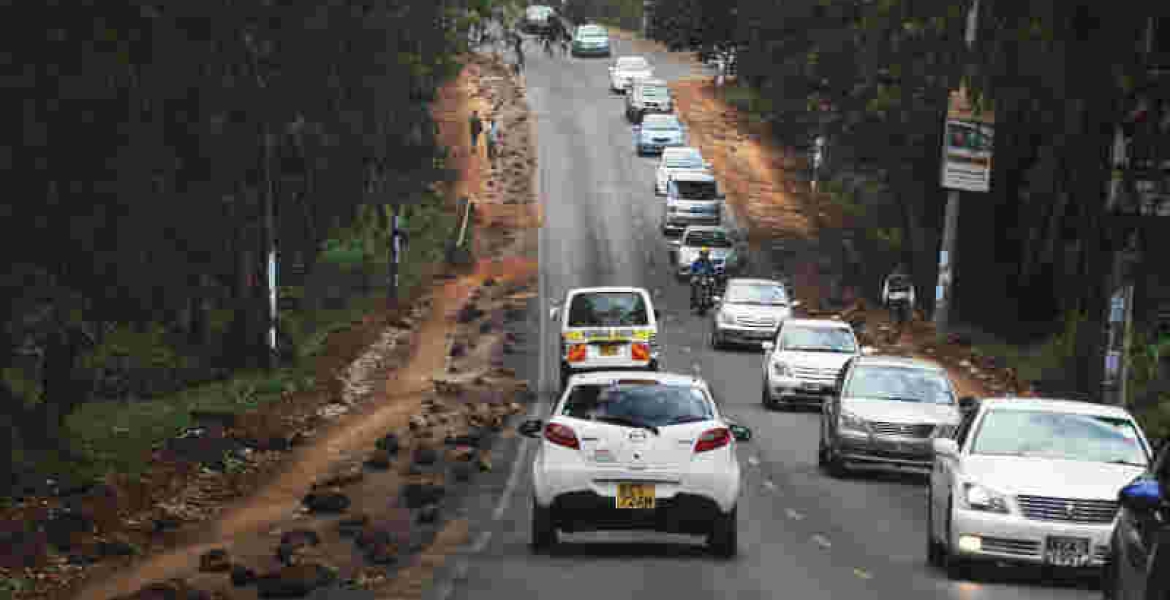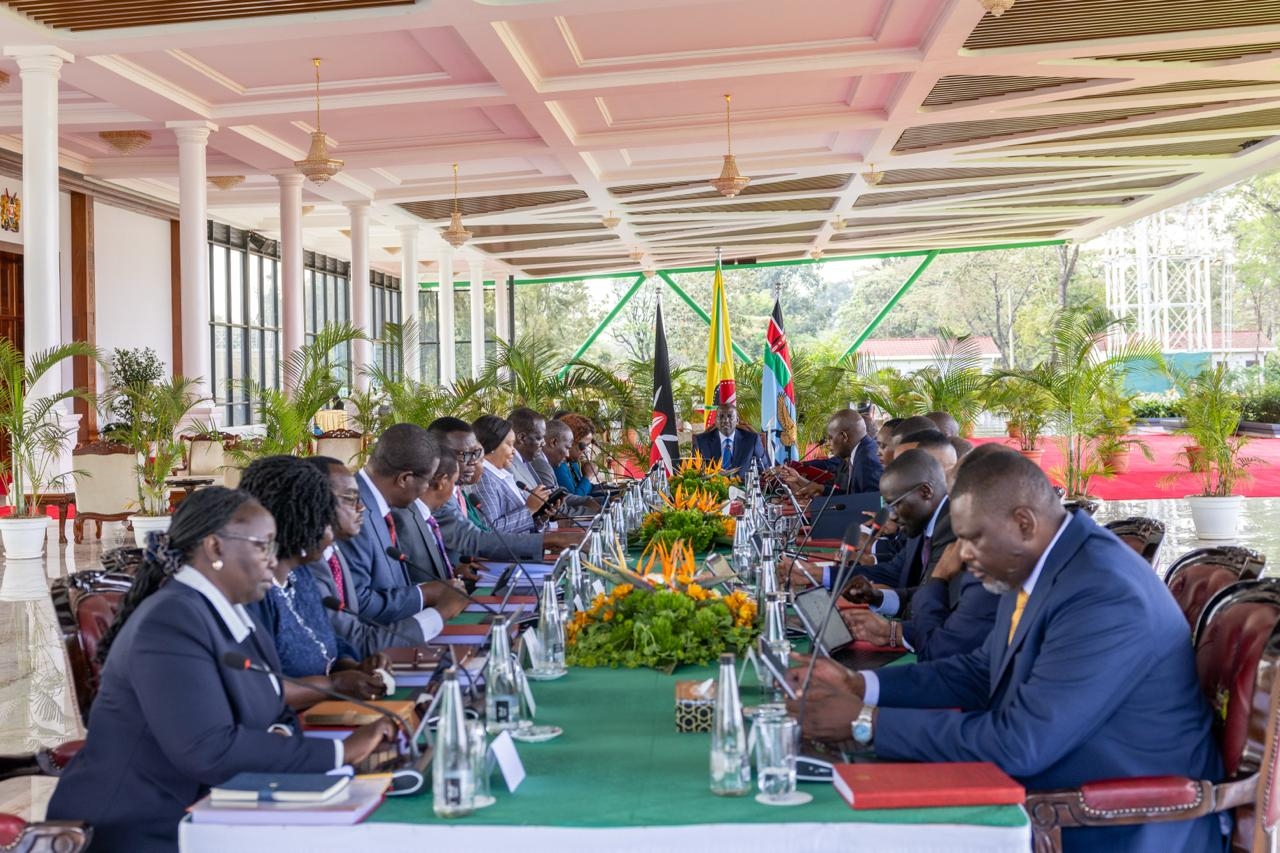
As a
social consciousness theorist, I see justice as the heartbeat of a society—a
rhythm that should pulse unimpeded with urgency and clarity. In Kenya, that
rhythm stutters.
Over
500,000 cases clog our courts, rural stations flicker in darkness and
proceedings linger in handwritten notes or delayed transcripts. For over a
decade, visionary leaders, Chief Justices, have championed transcription
technology to mend this fracture. Their efforts deserve applause, yet a nagging
question haunts me: why, since 2011, has this promise not swept the nation?
Willy
Mutunga set the stage. In 2011, as Chief Justice, he launched the Judicial
Transformation Framework, a bold blueprint that named “audio-visual recording
and transcription” a pillar of reform. By 2016, his team piloted the Judiciary
Automated Transcription System, recording proceedings digitally to slash delays.
It was a spark of genius; a recognition that a society’s soul demands justice
delivered swiftly, not posthumously.
CJ Martha Koome has fanned that flame. Since taking office in 2021, she’s doubled down on tech-driven justice. On August 16, 2024, she announced a National Transcription Centre, building on the AI-powered Milimani Transcription Pilot. “We are expanding… to the rest of the country,” she declared, promising a 72-hour turnaround for transcripts nationwide.
Earlier, in
July 2024, she teased an 'Artificial Intelligence-powered transcription system' at a private sector roundtable, pairing it with tools like the Causelist
Portal. Her resolve ties transcription to transparency; justice not just done,
but seen and heard.
I applaud
former CJ Mutunga’s foresight and CJ Koome’s tenacity; they have lit a path
toward a judiciary that mirrors our collective dignity.
Yet here’s the rub: 14 years after former CJ Mutunga’s vision, transcription is not nationwide. The 2016 pilot fizzled beyond a handful of courts. By 2021, only 32 of 132 stations had digital recording systems. CJ Koome’s 2024 pledges dazzle, but the Milimani Centre’s reach remains limited, and rural courts still grope in the dark—literally and figuratively.
Why? Money is the obvious culprit. Some
may not recall this but during the tenure of CJ Maraga (2016-2021), the IT
budget was not only slashed but totally eliminated by a disenchanted Executive
and its supporters in parliament. Resistance lingers, too—judicial officers
cling to pens, and legal frameworks lag, unamended for this leap.
I propose
a one-year, Sh64 million rollout for 20 pilot courts—Nairobi, Mombasa,
Kisumu, Eldoret—scaling to all 132 stations later. Here is the breakdown and
why it’s worth it:
Equipment (Sh18 million): For audio
devices, AI transcription software licence and computers. Justification?
Precision matters; cheap tools garble truth. Audio captures every word; AI
turns it into text fast; laptops make it accessible. Let us look at this as the
minimum for credible justice.
Infrastructure (Sh18 million): For
solar kits and internet. Why? Half of our stations lack reliable power or
connectivity. Solar and internet ensure rural voices are not silenced by
geography.
Training (Sh8 million): For 60 tech operators and judicial
officers workshops. Reason? Tech is useless without skilled hands. Operators run
the systems; officers adapt to them.
Personnel (Sh12 million): For 20 operators' monthly salaries.
Fair pay secures talent; justice deserves competence, not volunteers.
Support and contingency (Sh8 million): For
maintenance and buffer. Tech breaks; plans shift. This ensures we do not falter
mid-stride.
Total: Sh64 million. Funding? Judiciary covers Sh32
million (50 per cent), donors such as the World Bank (Sh19 million, 30 per cent),
private partners (Sh13 million, 20 per cent)—with strict oversight. Scale it
to Sh420 million over five years for nationwide reach.
Expensive? Yes. Excessive? No. Backlog costs—economic and human—run into billions yearly.
Expensive? Yes. Excessive? No. Backlog costs—economic and human—run into billions yearly.
The delay
since 2011 is Parliament’s, and ours by extension, for not demanding more.
Let us fund it, build it, protect it. Because justice deferred is not just
delayed, it chips away at the social fabric and ecosystem we live in.
Social consciousness theorist and author of 'The Gigantomachy of Samaismela' and 'The Trouble with Kenya: McKenzian Blueprint'













